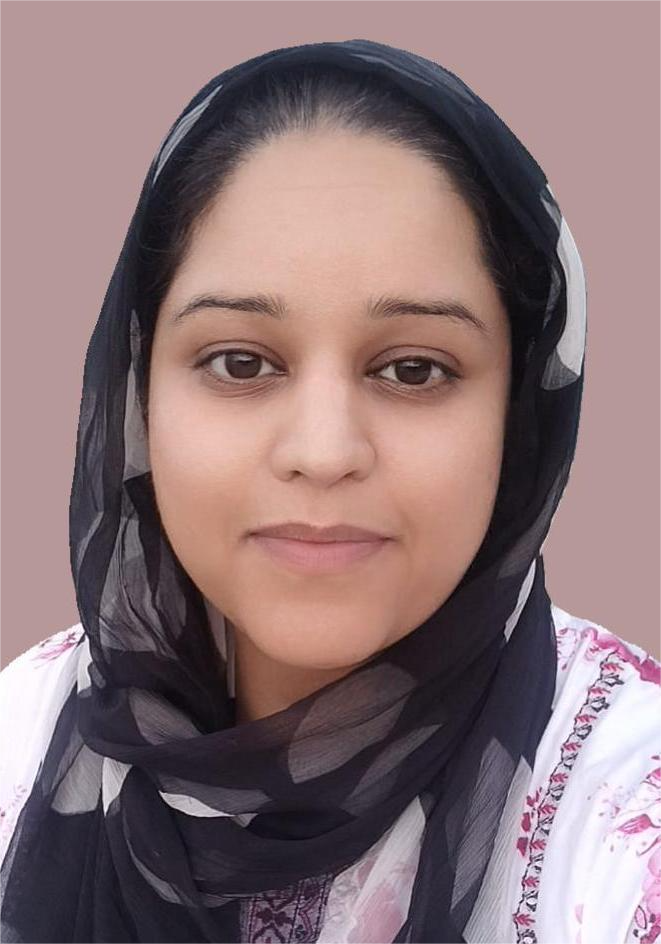Department of Community Medicine
Introduction
Community Medicine is a vital interdisciplinary branch of medicine that focuses on the health of populations rather than individuals. Its primary goal is to enhance community health through health promotion, disease prevention, and addressing social, environmental, and economic determinants of health. By adopting a collaborative approach, Community Medicine works to improve the well-being of communities by engaging health professionals, local governments, and the community itself through its active participation. Community Medicine is a cornerstone of the MBBS curriculum, equipping medical students with the skills to approach health in a holistic manner. Unlike clinical medicine, which deals mainly with individuals who are already ill, Community Medicine centers on prevention, early detection, and health education, thereby promoting wellness of entire populations. The field combines the art and science of medicine to design and deliver health interventions tailored to the unique needs of specific communities.
A distinctive feature of Community Medicine is its focus on the social determinants of health, recognizing that health is influenced by a variety of factors beyond medical care. These include
- Social Factors: Access to education, healthcare, and social support.
- Environmental Factors: Living conditions, sanitation, pollution, and access to clean water.
- Economic Factors: Socioeconomic status, employment, income, and access to resources.
By addressing these broader influences, Community Medicine aims to reduce health disparities and improve overall public health.
Community Medicine is primarily preventive and promotive, emphasizing strategies such as:
- Health education
- Immunization programs
- Screening and early detection of diseases
- Sanitation and environmental health initiatives
- Lifestyle modification programs to reduce risk factors like smoking, poor diet, and lack of exercise
This focus on prevention reduces the burden of chronic diseases, infectious diseases, and other health issues, ultimately leading to healthier populations. Through training in Community Medicine, future health professionals gain the ability to influence public health policies, conduct research, and implement programs that contribute to improving health outcomes.
Department Faculty
| Sl. No. | Name | Designation | Contact. | |
|---|---|---|---|---|
| 1. |  Dr. Shalini Sobti |
Professor & Head | shalinisobti@yahoo.com | +91 7889668794 |
| 2. |  Dr. Richa Mahajan |
Associate Professor | dr.richamahajan27@gmail.com | +91 7889556738 |
| 3. |  Dr. Sana Rafiq Khuroo |
Assistant Professor | sanarafiqk@gmail.com | +91 9906544799 |
| 4. |  Dr. Anuj Kapoor |
Assistant Professor | kapooranuj150@gmail.com | +91 9419225688 |
Core Activities of the Department
- Courses and Training
- Teaching and Training: The department is responsible for educating MBBS students, interns, and MD Community Medicine students. Instruction is delivered through an integrated approach, combining community medicine with other paraclinical and clinical subjects.
- AETCOM Orientation: Focused efforts are made to enhance the soft skills of medical students by integrating AETCOM (Attitude, Ethics, and Communication) into the curriculum.
- Curriculum Delivery: Includes a variety of methods such as-
- Theory Classes
- Practical Sessions
- Seminars and Discussions
- Clinic-Social Case Discussions
- Field Visits
- Family Adoption Program (as per NMC guidelines)
- Statistical Epidemiology Training: Students are trained in statistical methods relevant to epidemiology.
- Collaboration with District Health Services: Students receive hands-on training in collaboration with local health services.
- Extracurricular Engagement: Students participate in extracurricular activities such as quizzes, seminars, and debates to foster holistic development.
- Research
- The department works to nurture and promote research culture among medical students, encouraging them to align with national and international research standards.
- Research Methodology Training: Students are trained in:
- Formulating research questions
- Conducting literature reviews
- Designing studies with appropriate methodology and tools
- Data collection, management, and analysis
- Research reporting and presentation
- Innovation and Leadership in Research: Emphasis is placed on developing leadership qualities in both research and teaching, encouraging students to innovate and take initiative.
- Public Health Activities Immunization Program: The department is actively involved in immunization campaigns, ensuring public health awareness and vaccination coverage. Medical Camps: Regular medical camps are organized to provide healthcare to underserved populations. Awareness Programs: The department conducts various awareness programs to educate communities on health promotion and disease prevention strategies. 4.
- Leadership The department promotes leadership& managerial skills among undergraduate students. These skills are essential for the holistic development of future healthcare professionals.
- Community Health Problem-Solving Identification and Resolution: The department helps students identify prevalent community health problems and empowers them to develop and implement corrective measures. Evaluation of Impact: Students are trained to assess the outcomes of interventions, ensuring community participation in the process.
